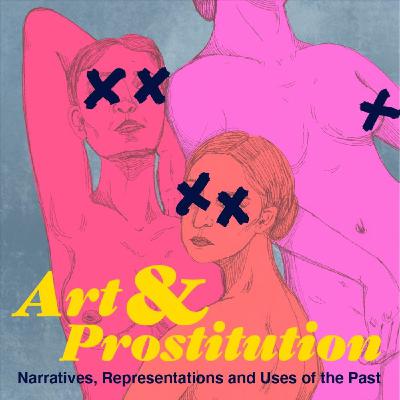Art & Prostitution
Subscribed: 1Played: 12
Subscribe
© Politiqu'elles
Description
We are Irina, Emma and Léa. We are women, feminists and passionate about the narratives, representations and uses of the past. Because of this, we truly question ourselves on the gender question, prostitution and the links we can draw between feminism and history. Between present and past, between fantasies and realities, between a male, a prostitute gaze and something in the middle, maybe? This podcast mini series is one of our answers.
This podcast ins an undergraduate academic work that should be listened with your critical mind as this subject could take several years of research !
Thank you for understanding ;)
Emma B., Irina Bouamrirene, Léa Pisu
Hosted on Acast. See acast.com/privacy for more information.
5 Episodes
Reverse
Comments






